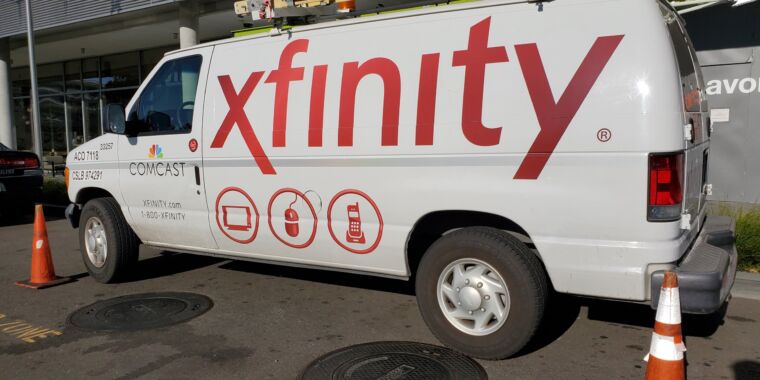US prescription market hamstrung for 9 days (so far) by ransomware attack

Getty Images
Nine days after a Russian-speaking ransomware syndicate took down the biggest US health care payment processor, pharmacies, health care providers, and patients were still scrambling to fill prescriptions for medicines, many of which are lifesaving.
On Thursday, UnitedHealth Group accused a notorious ransomware gang known both as AlphV and Black Cat of hacking its subsidiary Optum. Optum provides a nationwide network called Change Healthcare, which allows health care providers to manage customer payments and insurance claims. With no easy way for pharmacies to calculate what costs were covered by insurance companies, many had to turn to alternative services or offline methods.
The most serious incident of its kind
Optum first disclosed on February 21 that its services were down as a result of a “cyber security issue.” Its service has been hamstrung ever since. Shortly before this post went live on Ars, Optum said it had restored Change Healthcare services.
“Working with technology and business partners, we have successfully completed testing with vendors and multiple retail pharmacy partners for the impacted transaction types,” an update said. “As a result, we have enabled this service for all customers effective 1 pm CT, Friday, March 1, 2024.”
AlphV is one of many syndicates that operates under a ransomware-as-a-service model, meaning affiliates do the actual hacking of victims and then use the AlphV ransomware and infrastructure to encrypt files and negotiate a ransom. The parties then share the proceeds.
In December, the FBI and its equivalent in partner countries announced they had seized much of the AlphV infrastructure in a move that was intended to disrupt the group. AlphV promptly asserted it had unseized its site, leading to a tug-of-war between law enforcement and the group. The crippling of Change Healthcare is a clear sign that AlphV continues to pose a threat to critical parts of the US infrastructure.
“The cyberattack against…





